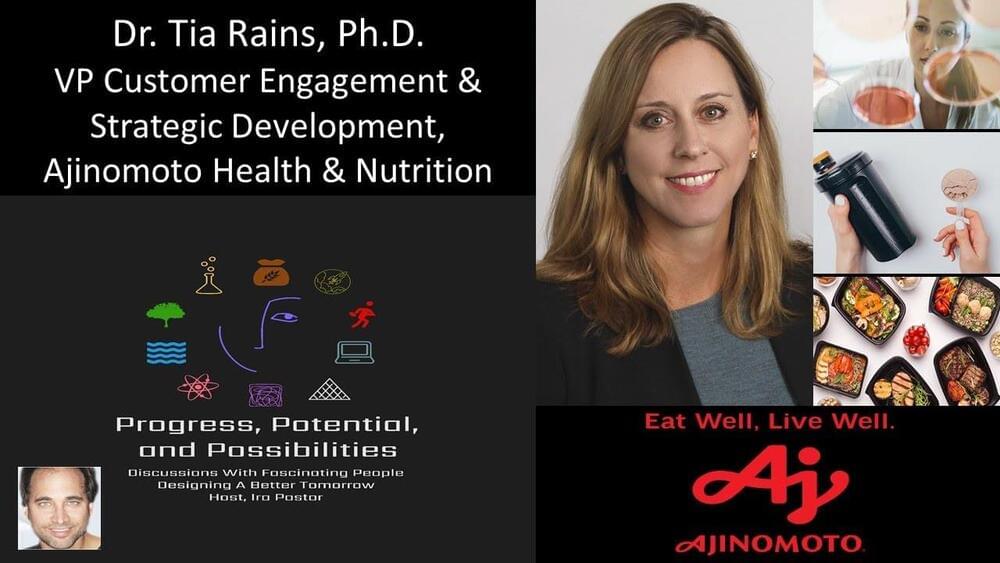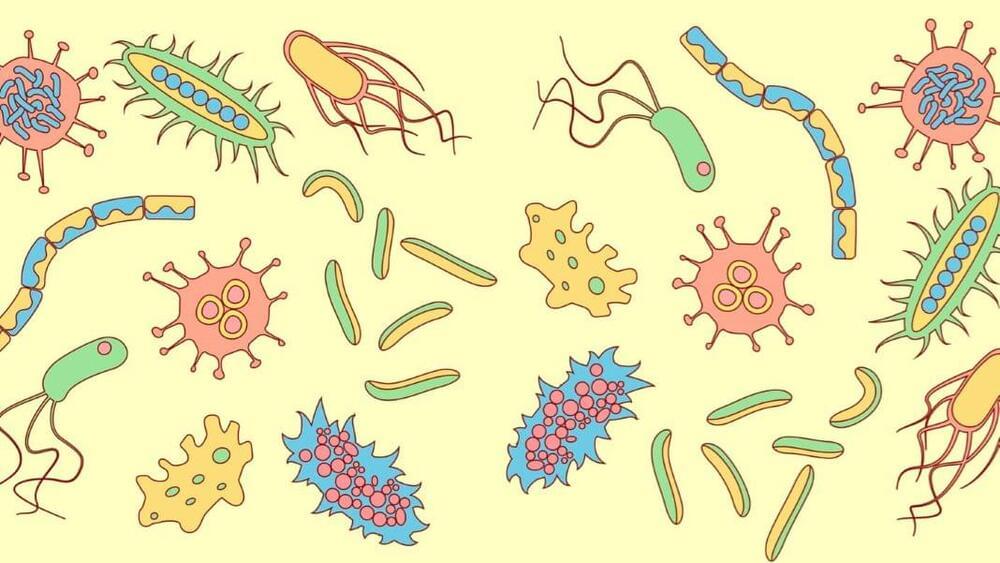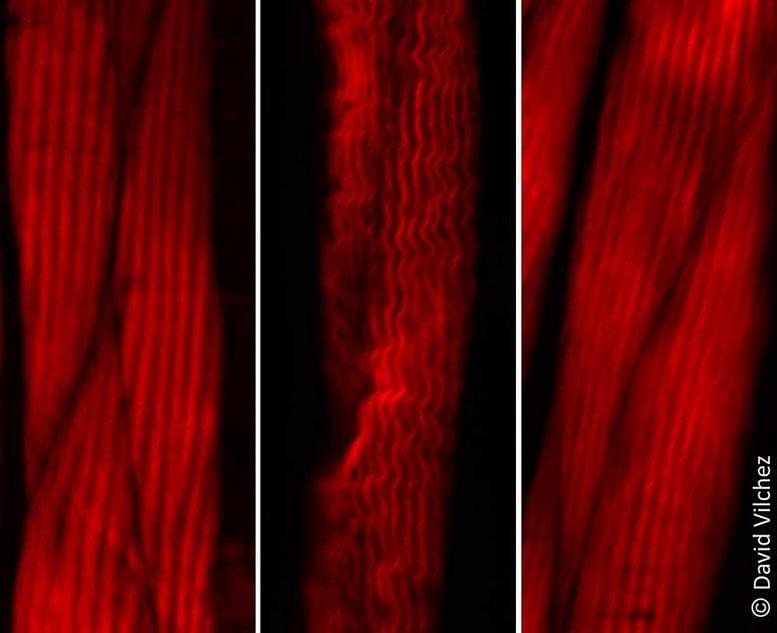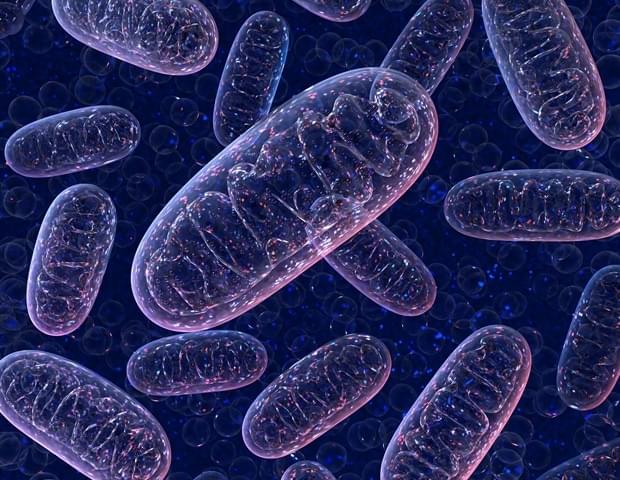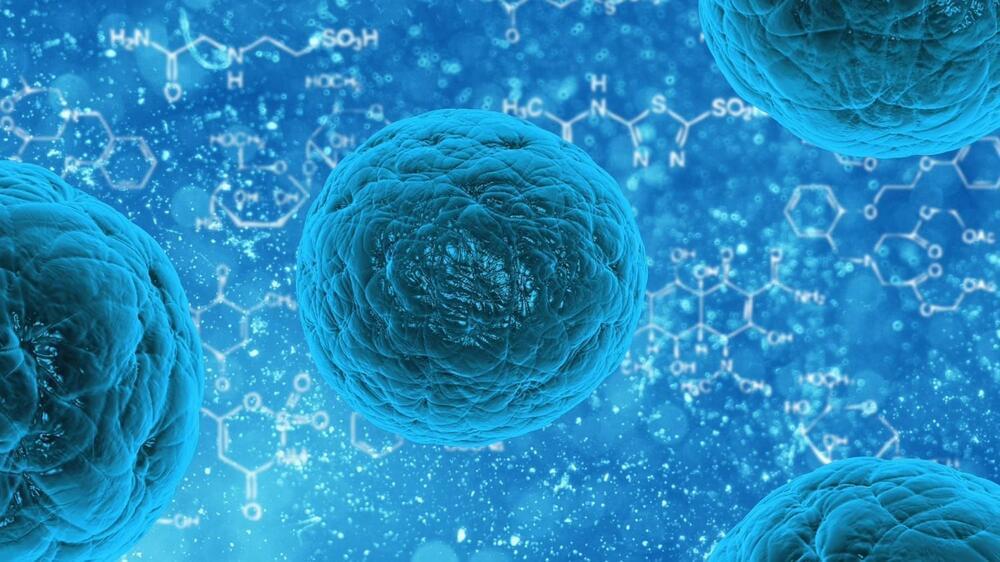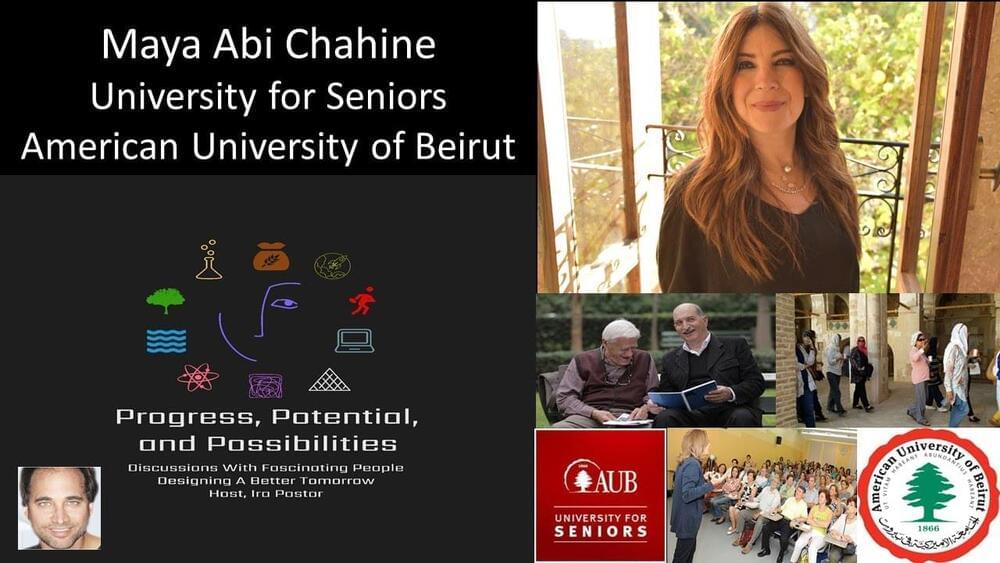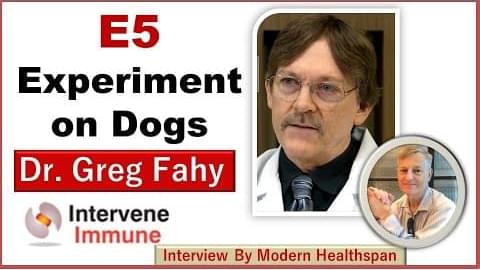Innovation in the amino-sciences for health, wellness, and aging — dr. tia rains phd, VP customer engagement & strategic development, ajinomoto.
Dr. Tia Rains, Ph.D., is Vice President of Customer Engagement & Strategic Development at Ajinomoto Health & Nutrition North America, Inc. (https://www.ajihealthandnutrition.com/), a division of Japanese food and biotechnology Ajinomoto Corporation (https://www.ajinomoto.com/), which produces seasonings, cooking oils, frozen foods, beverage, sweeteners, amino acids, and pharmaceuticals.
Dr. Rains has over 20 years of experience working on health and wellness initiatives within the food and beverage sector, and enjoys working at the intersection of nutrition research and communications, with the goal of advancing credible research in nutrition and developing truthful messaging on new research results in the context of the body of nutrition evidence.
Dr. Rains most recently headed up the Egg Nutrition Center (ENC) as it’s Executive Director.
Prior to joining ENC, Dr. Rains was the Senior Director of Metabolic Sciences at Biofortis Clinical Research, a global contract research organization specializing in the design and conduct of clinical research for leading food, beverage, and supplement companies around the world.
Prior to that, Dr. Rains held several positions within the Research & Development department of Kraft Foods, including roles in nutrition research and product development.
Dr. Rains holds a BS in Food Science & Human Nutrition from Arizona State University, and a Ph.D. in Nutritional Sciences from University of Illinois. She has authored more than 40 scientific articles and book chapters and is a frequent public speaker at universities, health professional meetings, and industry events.
